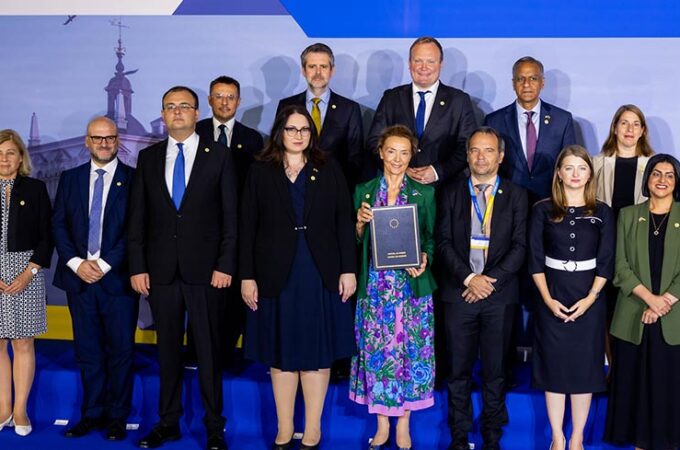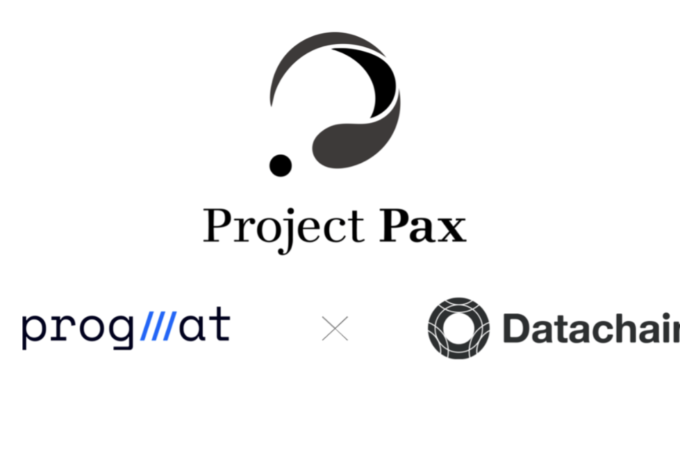
Bank of England Unveils Plans for Wholesale CBDC and DLT Experiments
The Bank of England (BoE) has announced plans to conduct a series of experiments with wholesale central bank digital currencies (wCBDCs) and distributed ledger technology (DLT) as part of its efforts to keep pace with innovations in the payments landscape. In a discussion paper released on Tuesday, the central bank outlined its approach to exploring new technologies in wholesale payments and encouraging greater innovation in interbank retail payments.
The BoE’s proposed program of experiments will focus on testing use cases, functionalities, and potential designs for both wCBDC and synchronization technologies. These trials aim to assess the relative merits of different approaches to modernizing the central bank’s payment infrastructure.
Governor Andrew Bailey emphasized the importance of evolving the bank’s role in response to ongoing innovation, stating, “As innovation in this space continues, our role must also evolve to support a robust and dynamic UK economy.”
Key areas of exploration include:
- Delivery-versus-payment (DvP) transactions with securities, building on findings from the bank’s Project Meridian.
- Foreign exchange payment-versus-payment (PvP) transactions, potentially using a sterling pound wCBDC modeled on the Banque de France’s approach.
- Experiments involving assets and multiple currencies on a single platform, possibly in conjunction with the Bank for International Settlements’ Project Agora.
The BoE also expressed concerns about the potential use of stablecoins in wholesale markets, noting that the risks could be “an order of magnitude greater than the risks posed by retail use cases.”
In addition to wholesale experiments, the discussion paper addresses the need for innovation in retail payments. The bank emphasized the importance of commercial bank money keeping pace with consumer needs to avoid central banks becoming “the only game in town” for retail payments innovation.
The BoE is seeking feedback from industry participants and stakeholders on various aspects of its proposed approach, including the likelihood of widespread adoption of programmable platforms in wholesale financial markets and potential functionalities for wCBDC design.
Responses to the discussion paper are invited until October 31, 2024. The bank plans to work closely with HM Treasury, the Financial Conduct Authority, and the Payment Systems Regulator to implement its vision for a modernized UK payments landscape.
As the financial sector continues to evolve rapidly, the BoE’s initiatives aim to ensure that the UK remains at the forefront of payment innovation while maintaining the stability and integrity of its financial system.





